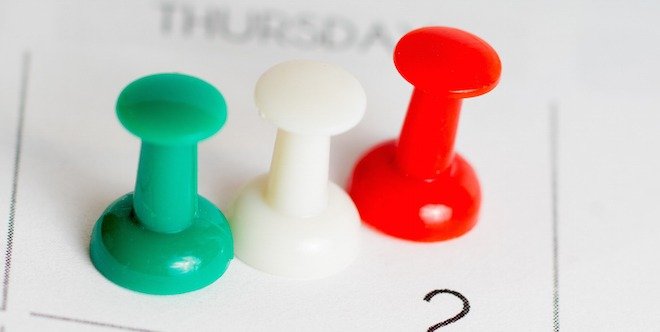
Pharmacists consistently rank as one of the most trusted professions in Canada. Surveys have shown that as many as 93% of Canadians have a positive impression of pharmacists and believe that pharmacists play an essential or important role in Canada’s healthcare system. Yet many Canadians still fail to take advantage of all the health services provided by pharmacists. In fact, many people are totally unaware of the options that are available.
Pharmacist services for people with diabetes
Pharmacists provide many services that can be of great value to people with diabetes. This is particularly true of pharmacists who are Certified Diabetes Educators (CDE).
Some of these services can include:
- Diabetes risk assessments
- Help in understanding blood glucose testing and selecting blood glucose meters
- Learn about insulin pump therapy and continuous glucose monitors
- Management of hypoglycemia (low blood sugar) and hyperglycemia (high blood sugar)
- Personal medication reviews
- Healthy eating information
- Foot care recommendations
- Sharps disposal
- Referrals to other diabetes healthcare professionals such as dietitians
Newer services from pharmacists
In many provinces, pharmacists are now allowed to give flu shots and other vaccines, initiate smoking cessation medication, authorize prescription renewals and prescribe for an extensive list of minor ailments.
Medication review
Pharmacists have additional knowledge regarding medications, and can provide full information about the drugs that you or the person you support have been prescribed. This can include information about the purpose of each drug and about the recommended scheduling of doses. They can also discuss potential side effects, including advice on what to do if these occur.
In several provinces this advice can expand into a comprehensive one-on-one medication consultation. For example, in Ontario all people with diabetes are entitled to a one-on-one annual appointment with a pharmacist to review medications and gain a better understanding of their medication therapy. This consultation is called a MedsCheck. Additional MedsCheck Followups can be arranged between annual reviews. Ask your pharmacist for more information.
Helping with medication challenges
Many people with diabetes have complicated medication schedules. Your pharmacist can help by drawing up a schedule showing all the medications that must be taken each day.
Many pharmacists can also prepare the medications in blister packs, which combine each day’s medications in a single convenient pack.
For people – often seniors – who have problems reading medication labels or opening medication containers, the pharmacist is also the person to turn to. Labels can be made up with extra-large instruction text. Easy-to-open bottles are also available.
Ongoing support with medications
If you have questions about your medication use, the pharmacist is the person to call. For example, the pharmacist can give advice on what to do if a dose is missed. They can also give advice about medication use during illness. Keep your pharmacist’s number in a visible place such as on the fridge door or on your smartphone, for easy access.
The pharmacist is the most accessible member of the healthcare team and can be a great resource in your community to help with your diabetes journey.


